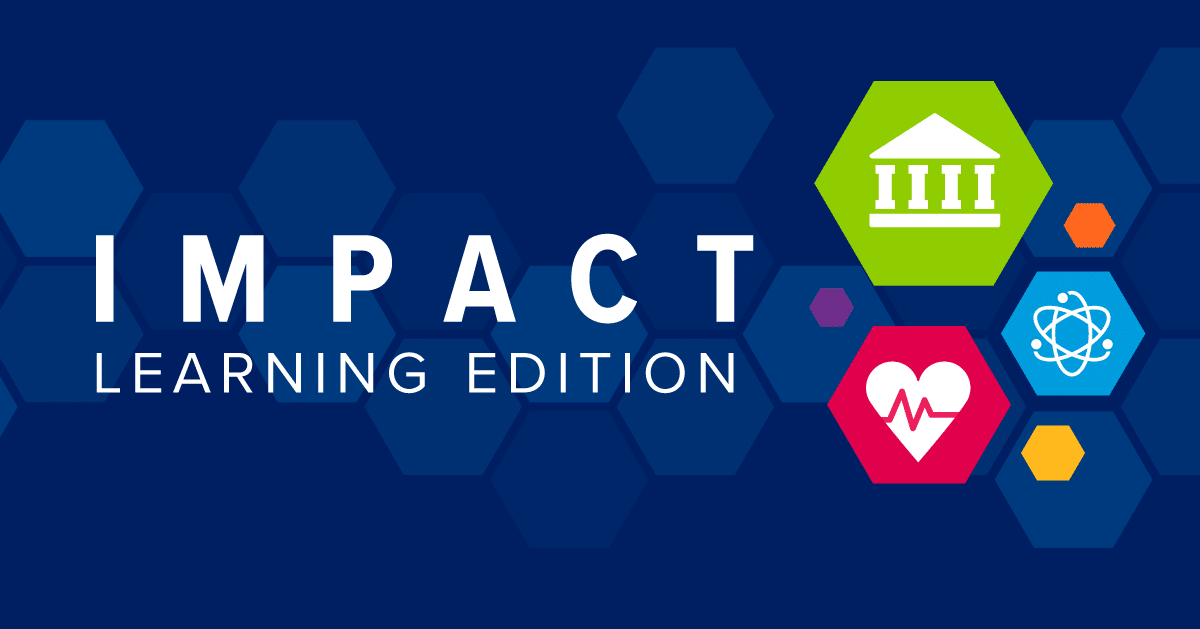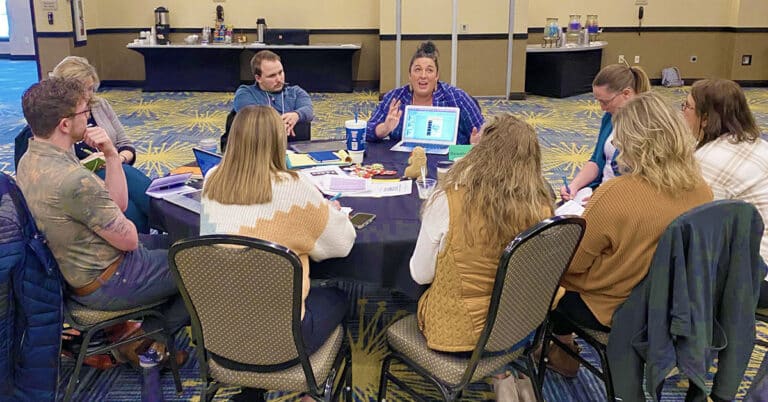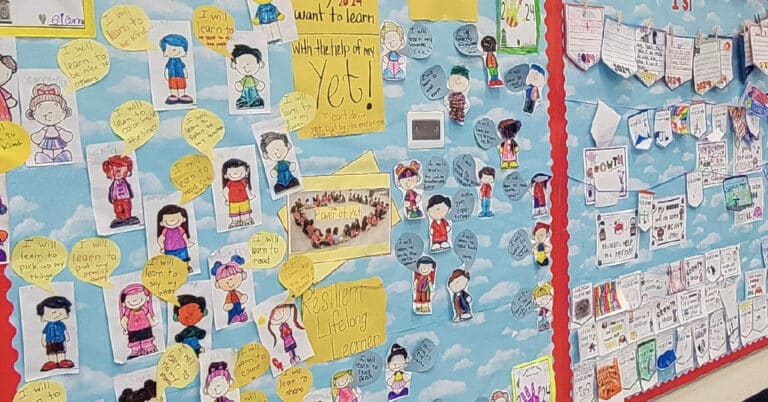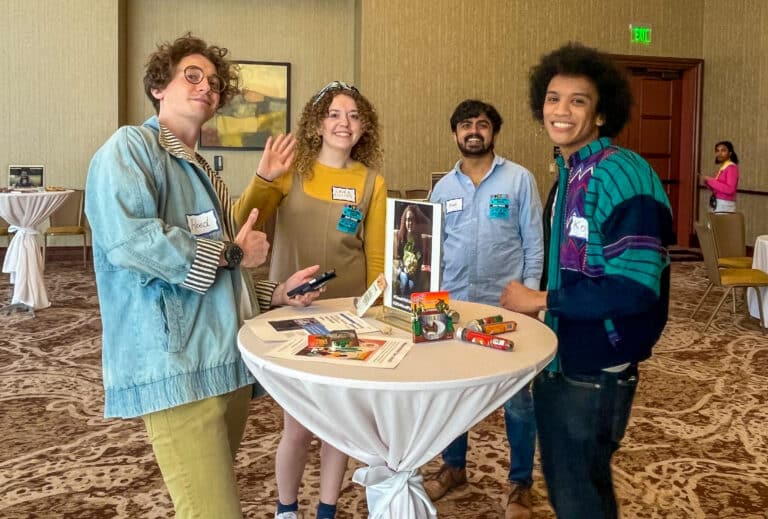IMPACT: Learning Edition was designed to help people imagine and think critically about changes that could impact the future of learning. Taking on the roles of distinct characters – each with their own relationship to education, values and unique set of preferred future conditions – players compete to create a world where their avatar’s future role is relevant and secure.
The game is ideal for players who want to engage in futures thinking in a new and innovative way, explore equitable future landscapes and practice systems thinking.
This discussion guide can help you get the most out of your game. Once you have your copy, take a look at the “Gameplay at a Glance” section in the player’s guide for quick tips.
Before you play, consider…
- What do you notice about your avatar? How are you alike or different?
- Why is finding common ground with your character important – or is it?
- Are the domains that your character values ones that you tend to think about – or not?
Game play can help you practice futures thinking.
- What tensions do you notice between what your avatar wants for the future and what other characters want?
- How does your character thrive or suffer as different changes and their impacts emerge?
- What assumptions does playing the game challenge or confirm?
Game play can help build your understanding of diversity, equity, inclusion and justice.
- What power structures and privileges might be at play for your character?
- Are certain characters doing better than other characters? In what ways?
- Are certain characters struggling to achieve their objectives? In what ways?
Game play can help you practice systems thinking by considering how seemingly discrete issues influence one another.
- Which domains seem most connected? Which seemed least connected?
- Where do the headlines of the future bring together seemingly disparate issues?
- What worldview are you adopting for your avatar, and how is it influencing your approach?
You won! Or you lost. What’s next?
- How did changes that seemed positive or negative at first become more nuanced as the game unfolded?
- At what points did feelings such as excitement or anxiety come up – and what might they tell you about your perception of change and uncertainty?
- Did your character benefit from parts of their identity or circumstances?
- What was the most surprising impact that you or another player developed? What did it reveal about relationships between issues that you had not considered before?
What connections can you make between the ideas and issues raised in the game and your own work? How might exploring those connections help you?
Download a PDF of the discussion guide.
Want more? Explore what the education landscape might look like in twenty years in our new forecast, Imagining Liberatory Education Futures.









